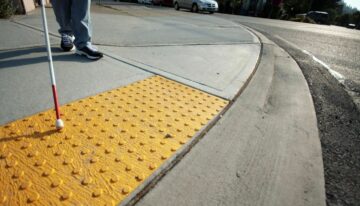
Without the fanfare that accompanied the release of the original proposed regulations, California Attorney General Xavier Becerra released modified regulations regarding the California Consumer Protection Act late in the afternoon on February 7. An updated version was released on February 10. The modifications were prepared in response to the extensive feedback received during the comment period, which closed on December 6. Although many of the changes were non-substantive…







